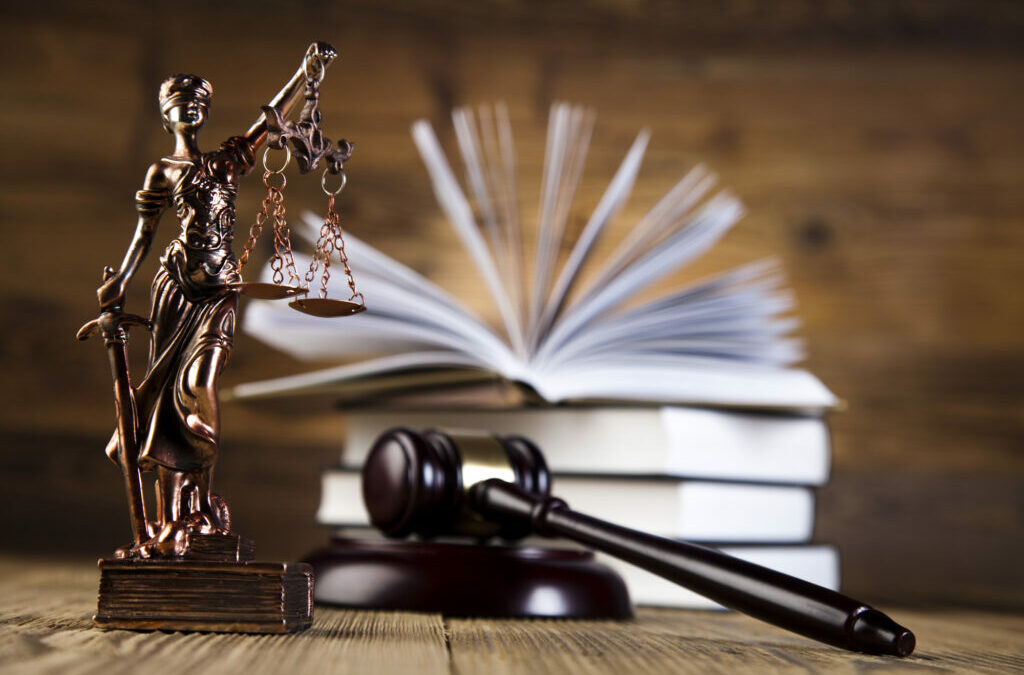Personal Injury Lawyer
You’ve just been injured. You’re dealing with insurance companies and medical bills on top of your regular bills. As our own personal injury lawyers know, your credit score may be affected by the debt that piles up while your lawyer works to get you compensation to cover those bills. If you are struggling with overwhelming debt and are considering filing for bankruptcy, there are several things you may be concerned about. One of the biggest concerns many bankruptcy petitioners have is how bankruptcy will impact their credit score. Although many people are under the impression that bankruptcy will annihilate their credit rating and follow them for the rest of their lives, the truth may actually surprise many people.
The following is a brief overview of bankruptcy and credit scores from a bankruptcy lawyer from The Law Offices of Ronald I. Chorches.
Bankruptcy and Your Credit
The bankruptcy process involves discharging debts and paying creditors less than the actual amount the petitioner owed. This obviously leaves creditors unhappy. However, as a bankruptcy lawyer can explain, it is better to deal with the debt head-on rather than deal with late or missed payments, collection calls, and threats of legal action over the course of several years.
Your credit rating, or FICO score, is based on different information gathered by the three major credit reporting agencies – both positive and negative information. The following is the breakdown that is used to calculate an individual’s credit rating:
- Payment history makes up 35 percent of the rating
- The amount owed makes up 30 percent of the rating
- Length of credit history makes up 15 percent of the rating
- New credit makes up 10 percent of the rating
- Mix of credit the individual has makes up 10 percent of the rating
As you can see from the above breakdown, if a person has a large amount of outstanding debt and/or makes slow or no payments, those factors can have a significant negative impact on their credit rating.
Filing for bankruptcy typically lowers a person’s credit rating by about 100 points, however, the reality is that by the time a person files for bankruptcy, their credit rating has taken a significant hit and is already too low for creditors to consider lending any additional credit to. Filing for bankruptcy will usually have a much more positive effect for the future.
Your Credit After Filing Bankruptcy
The purpose of bankruptcy is to give the petitioner a fresh start at rebuilding their credit and financial future. Although bankruptcy may stay on the petitioner’s credit report for up to a decade, considering the above factors that are used to calculate that rating – establishing new credit and making prompt payments – will usually offset any negative impact of the bankruptcy filing.
It is recommended that once a petitioner’s debts have been discharged and their bankruptcy complete, they should request a copy of their credit report to make sure that all the debts have been properly addressed. Everyone is entitled to a free copy of their report annually. Your bankruptcy lawyer can explain how you can obtain it.
It is also a good idea for bankruptcy filers to apply for a secured credit card to begin reestablishing their payment history and building their credit back up. Once there have been several months of consistent on time payments, the individual can try applying for an unsecured card. The finance charge may be at higher rates because the borrower is deemed subprime, however, making payments on time and not overextending will quickly help a person’s credit score substantially increase.
For more detailed information about your particular situation, most sure to consult with a seasoned bankruptcy lawyer.


